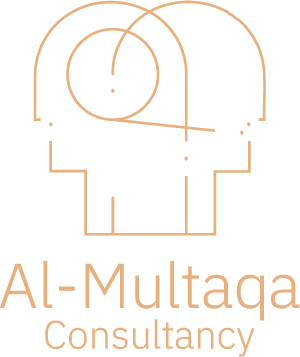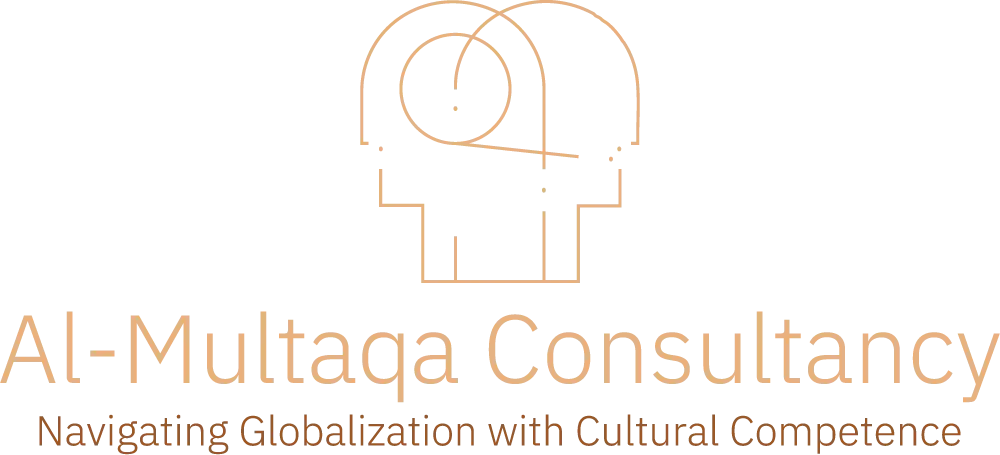The Importance of Intercultural Communication in the MENA Region
Intercultural communication is a cornerstone for business success in the Middle East and North Africa (MENA) region, an area characterized by its rich cultural diversity and geopolitical complexities. Understanding and navigating these cultural nuances is pivotal for leaders aiming to build stronger relationships and achieve better business outcomes. The MENA region encompasses a myriad of cultures, languages, and traditions, making effective intercultural communication a critical skill for leaders and professionals alike.
One significant aspect of the MENA region is its distinctive cultural dynamics, marked by a blend of traditional values and modern business practices. For instance, respect for hierarchy and the importance of personal relationships play a crucial role in professional settings. Leaders who are adept at understanding and respecting these cultural norms can facilitate smoother negotiations, build trust, and foster robust partnerships. Conversely, a lack of intercultural competence can lead to misunderstandings, miscommunication, and potentially jeopardize business deals.
Companies that have successfully leveraged intercultural communication often see substantial benefits. For example, businesses like Emirates Airlines and multinational conglomerates like PepsiCo have thrived in the region by respecting and integrating local cultures into their business strategies. These companies have embraced the cultural diversity of the MENA region, leading to innovative approaches that resonate with the local market. Similarly, leaders who prioritize intercultural communication training often report enhanced team cohesion, increased employee satisfaction, and improved organizational performance.
Investing in intercultural communication training can yield tangible benefits, including mitigating conflicts and misunderstandings, fostering a more inclusive workplace, and enhancing overall business efficacy. Leaders skilled in intercultural communication are better equipped to navigate the intricate social landscapes of the MENA region, leading to more effective collaboration and innovation. By embracing and understanding the cultural intricacies of their environment, leaders can drive sustained business growth and build stronger, more resilient organizations.
In today’s globalized business landscape, leaders need to possess a unique set of skills to navigate the complexities of international markets effectively. This is particularly true in the MENA (Middle East and North Africa) region, where economic, cultural, and political dynamics can significantly impact business operations. Developing cultural intelligence, adaptability, emotional intelligence, and strategic thinking are essential core competencies for modern leaders aspiring to thrive in this environment.
Cultural Intelligence
Cultural intelligence (CQ) is the ability to understand, relate to, and work effectively across different cultures. Leaders with high CQ can navigate cultural differences with ease, build stronger relationships, and foster an inclusive workplace. In the MENA region, where diverse cultural norms and business practices prevail, possessing cultural intelligence can significantly enhance communication and collaboration.
Adaptability
Adaptability is the capacity to adjust to new conditions and challenges while remaining resilient. The MENA region’s rapidly evolving economic and political landscape necessitates leaders who can pivot strategies and operations swiftly. Adaptable leaders are more likely to capitalize on emerging opportunities and mitigate risks that arise from sudden changes.
Emotional Intelligence
Emotional Intelligence (EI) refers to the ability to recognize and manage one’s own emotions and the emotions of others. High EI enables leaders to handle stressful situations with composure, resolve conflicts amicably, and maintain a motivated workforce. In a region where personal relationships and trust are vital for business success, emotional intelligence is a critical asset.
Strategic Thinking
Strategic thinking involves the ability to plan for the long term, anticipate future trends, and make informed decisions. Leaders equipped with strategic thinking can steer their organizations toward sustainable growth by aligning business objectives with regional developments. This competency is particularly beneficial in navigating the economic unpredictability of the MENA region.
Al Multaqa Consultancy plays a pivotal role in developing these essential leadership skills. Through tailored programs, workshops, and executive coaching, the consultancy helps leaders enhance their competencies, leading to improved decision-making, enhanced team performance, and sustained competitive advantage. Numerous success stories from clients in the MENA region underscore the effectiveness of these initiatives in fostering skilled, adaptable leaders who can thrive amid complexity.
Businesses that invest in leadership development stand to gain significantly in today’s competitive global environment. By prioritizing the cultivation of cultural intelligence, adaptability, emotional intelligence, and strategic thinking, organizations ensure that their leaders are well-equipped to lead with agility and foresight, ultimately driving long-term success.



